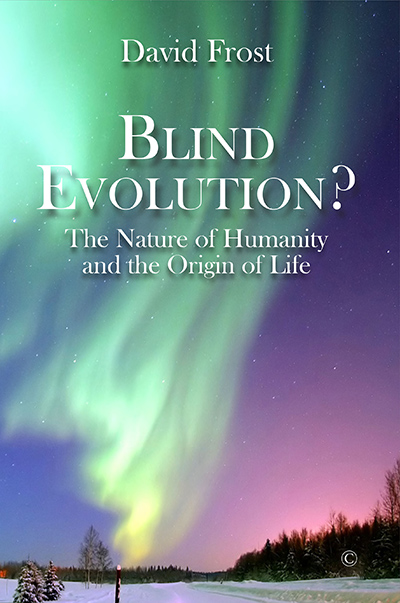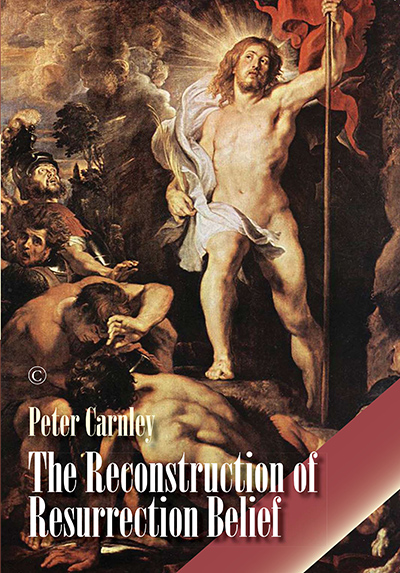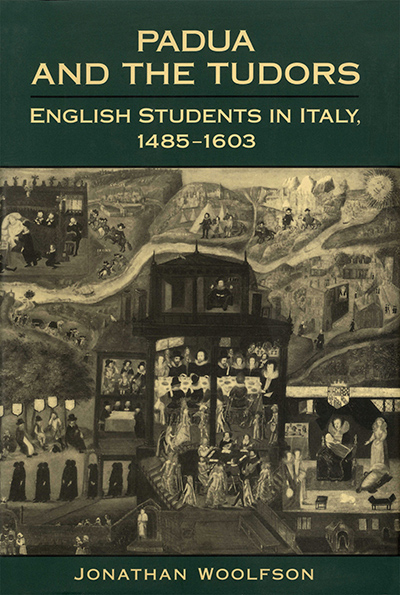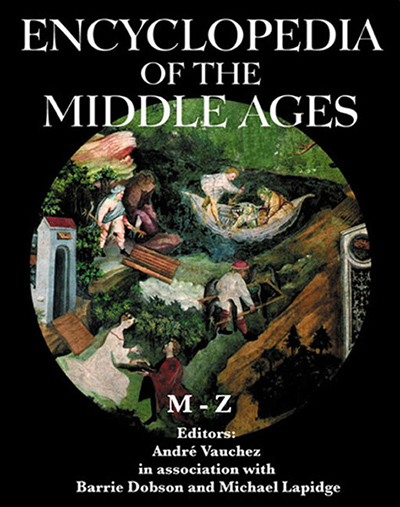Description
In Blind Evolution?: The Nature of Humanity and the Origin of Life, Professor David Frost challenges the dominant worldview derived from Darwin’s evolutionary theories and perpetuated in Richard Dawkins’s atheistic propaganda for Neo-Darwinism: that our universe has ‘at bottom, no design, no purpose, no evil and no good, nothing but blind, pitiless indifference’.
Frost deploys recent findings from a range of scientific studies that shake Neo-Darwinism to its foundation. Citing entertaining examples, from the inner workings of a single cell to the animal kingdom at large, from elephants and giraffes to the Japanese pufferfish, Frost maintains that Darwinian premises are wholly inadequate to engage with life or to provide a framework for our experiences of joy and sorrow, the problem of suffering, and the stark realities of good and evil.
Reflecting on the nature of existence, Frost points to a mode of human understanding parallel to scientific enquiry through the path of ‘vision’ accessed via the nous (or spiritual intellect). He argues that ‘vision’ is as much essential to our understanding of creation as is scientific enquiry – reality is best approached through a complementary partnership of both.
About the Author
Professor David Frost has lectured and broadcast on literature and theology in two hemispheres and in seven countries. He was a lecturer at the University of Cambridge for ten years before taking up a Chair of English Literature in the University of Newcastle, NSW, where he remained for twenty-one years. He later returned to Cambridge and was for eleven years Honorary Principal and Administrator of the Institute for Orthodox Christian Studies. As Director of The Way, he organised what became an internationally used course for instruction in Orthodox Christianity, modelled on the famed Alpha Course.
Contents
List of Illustrations
Preface
1. The Answers of the Book of Job and the Experience of Mankind
2. Has Modern Science Proved there Is No Creator God?
3. The Assault of Modern Atheism on Religious Faith
4. Neo-Darwinism versus Intelligent Design
5. The Prestige of Scientific Knowledge and Other Approaches to Truth
6. The Evidence for a New Species, Homo Theos, the ‘God-Man’, Unifies Our Understanding
7. Science Must Partner ‘Nous’: A Necessary Marriage
8. ‘To See Things as They Are’: The Necessary Concurrence of Vision with Evidence
9. The Witness of the Natural Sciences
10. ‘To See Things as They Are’: When Evidence Confirms Vision
11. ‘To See Things as They Are’: Mr Toad on ‘The Ship of Fools’
12. What Is Truth?
Conclusion: ‘To See Things as They Are’: The Consequences of Observation
Epilogue
Bibliography
Index
Endorsements and Reviews
Devotees of Darwin and Dawkins will have to close their eyes to the evidence David Frost brilliantly amasses if they wish to hold on to their faith in blind evolution. With head and heart he makes a powerful case for the incomprehensible Creator who shares in the world’s beauty, suffering and transformation.
Rev Dr John A Jillions, author of Divine Guidance: Lessons for Today from the World of Early Christianity
Blind Evolution? is an elegant and informed apology for Christianity in the face of contemporary neo-Darwinian atheism and its best-selling prophet, Richard Dawkins. David Frost is clearly familiar with issues of the philosophy of science and with the findings of the biological sciences, and the number of famous and influential colleagues and celebrities who walk the pages of his work is impressive, including Fred Hoyle, Michael Behe, David Attenborough, and C.S. Lewis. Frost’s argument, at times forensic in character, is very personal but always well-crafted and greatly readable.
Rev A.A. Macintosh DD, Fellow and Emeritus Dean, St John’s College, Cambridge
In this stimlating and, at times, idiosyncratic and very personal book, Frost seeks to demonstrate, precisely by observing the universe, that it is only reasonable to conclude that there is a design and purpose in creation and that we live in a moral universe where love, compassion, and self-sacrifice and to be found among many forms of life, not just humans.
Richard Waddell, Quadrant magazine October 2021





